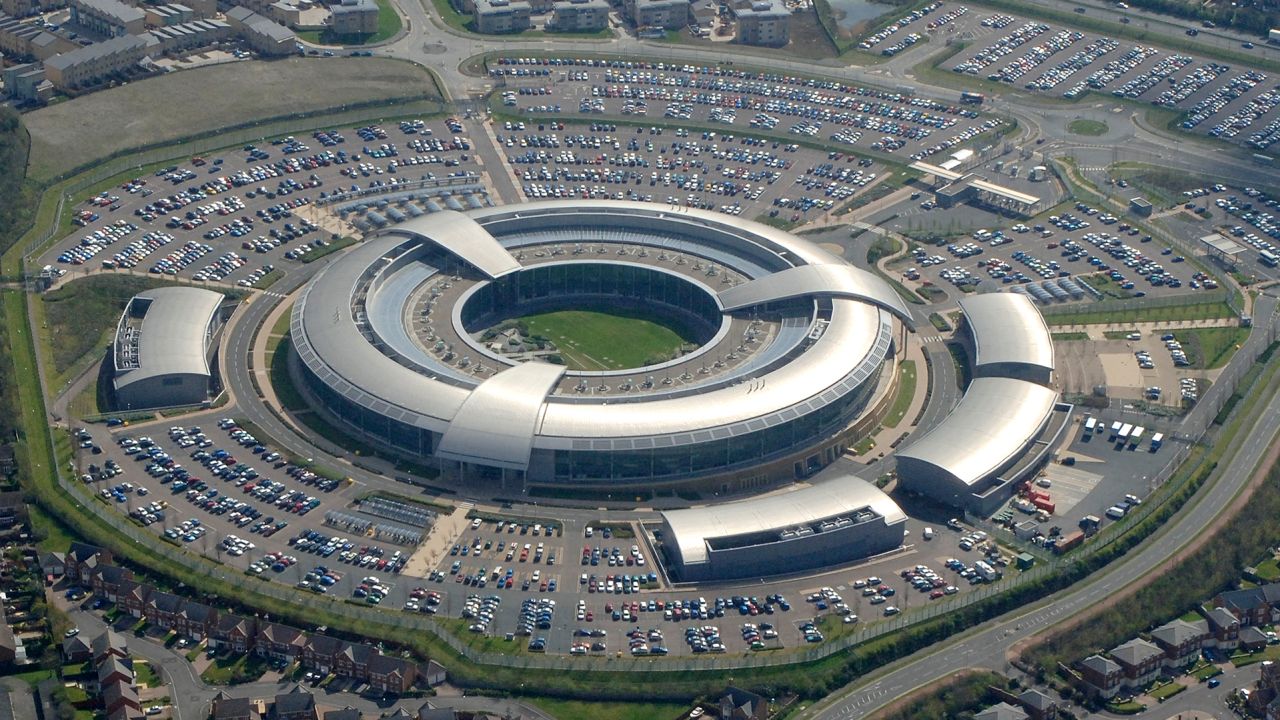UK amends law to make government-backed hacking legal
Privacy activists are not amused

The government has stealthily slid through an amendment to the Computer Misuse Act which makes law enforcement and intelligence agencies exempt from anti-hacking laws.
This means said authorities such as GCHQ have the power to legally hack into computers, tablets, phones and the like. This amendment with considerable repercussions was actually passed back at the beginning of March, and became effective as of 3 May.
And as you can imagine, privacy and other rights activists are up in arms, particularly Privacy International which was notified of the move in legal filings sent to the organisation only the day before a claim over GCHQ's illegal hacking activities was to be heard.
The act offers dangerously little in the way of details, such as what level of crime might justify hacking, and whether warrants will be needed and how all that will work. Privacy International also noted the total lack of any kind of public debate, or indeed even consultation with regulators or bodies with oversight of the intelligence agencies.
Sly and undemocratic
Eric King, Deputy Director of Privacy International, commented: "The underhand and undemocratic manner in which the Government is seeking to make lawful GCHQ's hacking operations is disgraceful. Hacking is one of the most intrusive surveillance capabilities available to any intelligence agency, and its use and safeguards surrounding it should be the subject of proper debate.
"Instead, the government is continuing to neither confirm nor deny the existence of a capability it is clear they have, while changing the law under the radar, without proper parliamentary debate."
Last week GCHQ advertised to recruit hackers, or as the organisation put it, those who can "carry out computer network operations against terrorists, criminals and others posing a serious threat to the UK". In the past, GCHQ has even been known to strike back against hacktivist groups like Anonymous with DDoS fire of its own.
Sign up to the TechRadar Pro newsletter to get all the top news, opinion, features and guidance your business needs to succeed!
Darren is a freelancer writing news and features for TechRadar (and occasionally T3) across a broad range of computing topics including CPUs, GPUs, various other hardware, VPNs, antivirus and more. He has written about tech for the best part of three decades, and writes books in his spare time (his debut novel - 'I Know What You Did Last Supper' - was published by Hachette UK in 2013).